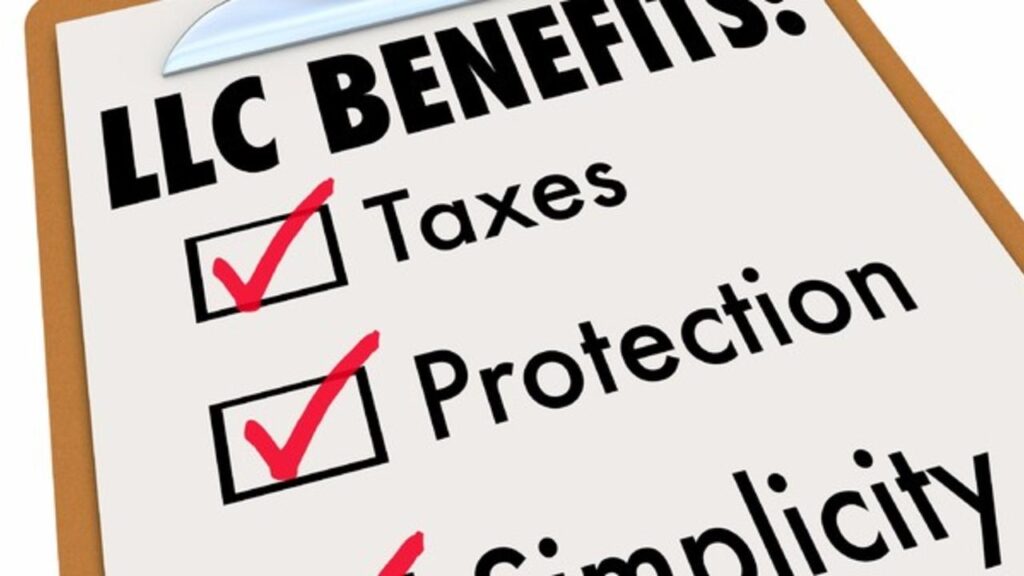Limited liability companies (“LLC”) and corporations are useful asset protection tools because they are both entities that exist separate and apart from their owners. They offer personal asset protection and an array of other benefits, which is why many people use them as wealth planning or asset protection tools.
This separate entity and related security are often referred to as the “corporate veil.” Essentially, the term means that only your LLC or corporation is liable for its own debts and other obligations. If you meet the specific standards for maintaining an LLC or corporation, then liability cannot extend to your personal assets.
Forming an LLC or a Corporation can help you by providing the following benefits:
1. Protection from Debt Collectors
When the corporation or LLC has a debt, debt collectors can only go against assets that the corporation may have. If a business deal goes wrong or if the company cannot pay or refuses to pay a vendor for poor products or any other reason, then personal assets are not affected.
2. Protection in Lawsuits
As a rule, if your corporation is involved in a lawsuit, then the lawsuit or collection proceedings can only affect the company. Again, your personal assets are not affected at all by the lawsuit. That means that even if your company is somehow responsible for a personal injury or death, your personal assets will still remain intact.
3. Protection from Employee Claims
Workers’ compensation insurance is available to any type of business, whether you are incorporated or a sole proprietor. However, other types of claims, including discrimination or breaches of contract do not fall under workers’ compensation. Having an LLC or corporation helps you even when certain types of insurance cannot. When your company is incorporated, those claims only go against your company in most situations, not your personal name or assets.
4. Legacy Planning
It is easier to plan for transitions when you are incorporated. There is no need to transfer titles to property or other assets when you change owners because they should all be in the corporation’s name. Creating a legacy plan is easy when you only have to change owners and not much else. This type of planning avoids problems with taxes, potential lapses, and an array of other issues.
5. Tax Benefits
Having a corporation or LLC can also protect you at tax time. Corporations often have tax advantages that individuals cannot use, making your overall tax burden less in some situations. If there are any tax problems, the IRS is also limited to asserting a claim against the company as long as it is maintained properly.

Maintaining a Corporation
You must maintain a corporation or LLC properly under the law to retain their asset protection benefits. Otherwise, a party attempting to get to your personal assets may do so by “piercing the corporate veil.” To avoid this type of problem, you should keep the following general principles in mind:
- Be sure to follow the formal requirements for maintaining a corporation (meetings, minutes, filings, etc.).
- Document all of your business actions.
- Never co-mingle personal and business funds or other assets.
- Be sure to keep your corporation or LLC capitalized well.
- Use products or other methods to let customers or others know that you are an LLC or corporation
You should try your best to avoid making it seem like the LLC or corporation is simply an extension of you or your personal dealings. The corporation or LLC should act as a separate entity that is legally considered. For example, if you are signing contracts on behalf of the company, be sure to list that you are representing the company and not you personally.
Making the Right Choices with Your Corporation
Asset protection planning is only effective when done correctly. Forming an LLC or corporation has many benefits, but it is also important to maintain a sturdy corporate veil for adequate protection. To learn more check out the Protect Wealth Academy Workshops.
